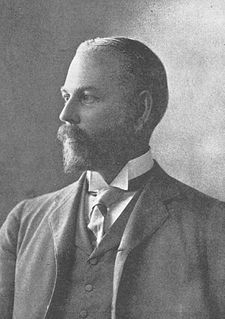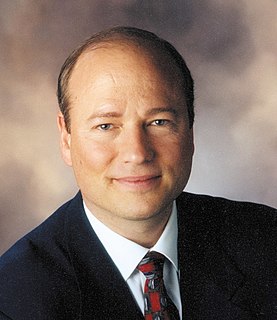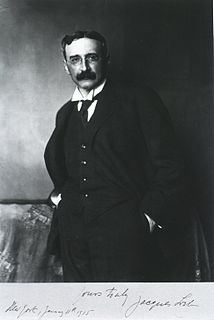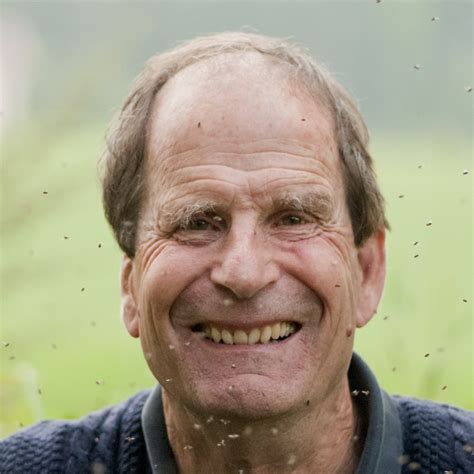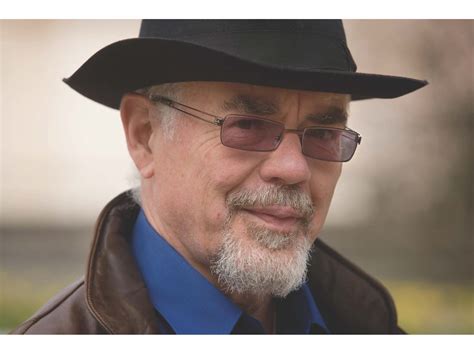A Quote by Ernest Everett Just
We feel the beauty of nature because we are part of nature and because we know that however much in our separate domains we abstract from the unity of Nature, this unity remains. Although we may deal with particulars, we return finally to the whole pattern woven out of these.
Related Quotes
When Coleridge tried to define beauty, he returned always to one deep thought; beauty, he said, is unity in variety! Science is nothing else than the search to discover unity in the wild variety of nature,-or, more exactly, in the variety of our experience. Poetry, painting, the arts are the same search, in Coleridge's phrase, for unity in variety.
If speculation tends thus to a terrific unity, in which all things are absorbed, action tends directly back to diversity. The first is the course or gravitation of mind; the second is the power of nature. Nature is manifold. The unity absorbs, and melts or reduces. Nature opens and creates. These two principles reappear and interpenetrate all things, all thought; the one, the many.
In ordinary life, we are not aware of the unity of all things, but divide the world into separate objects and events. This division is useful and necessary to cope with our everyday environment, but it is not a fundamental feature of reality. It is an abstraction devised by our discriminating and categorising intellect. To believe that our abstract concepts of separate 'things' and 'events' are realities of nature is an illusion.
I don't know why you'd want to say your work comes from nature, because art is related to perception, not nature. All abstract artists try to tell you that what they do comes from nature, and I'm always trying to tell you that what I do is completely abstract. We're both saying something we want to be true.
We live in an essential and unresolvable tension between our unity with nature and our dangerous uniqueness. Systems that attempt to place and make sense of us by focusing exclusively either on the uniqueness or the unity are doomed to failure. But we must not stop asking and questing because the answers are complex and ambiguous.
It is a mistake to suppose, with some philosophers of aesthetics, that art and poetry aim to deal with the general and the abstract. This misconception has been foisted upon us by mediaeval logic. Art and poetry deal with the concrete of nature, not with separate 'particulars,' for such rows do not exist.
... landscapes or still-lifes I paint in between the abstract works; they constitute about one-tenth of my production. On the one hand they are useful, because I like to work from nature - although I do use a photograph - because I think that any detail from nature has a logic I would like to see in abstraction as well.
There is no need to invent an ego that is separate from the divine if our basic human nature is trusted. If we trust ourselves, we know how to avoid interfering with nature and how to live in harmony. When we know God as an unseen, loving, and accepting power at the heart of everything, allowing us to make our own choices, then God is a trusted part of our nature.
The romantic view of the natural world as a blissful Eden is only held by people who have no actual experience of nature. People who live in nature are not romantic about it at all. They may hold spiritual beliefs about the world around them, they may have a sense of the unity of nature or the aliveness of all things, but they still kill the animals and uproot the plants in order to eat, to live. If they don't, they will die.
The big tradition, I think, is unity. And I have that in mind; and with that, you know, you could break all the traditions- all the other so-called rules, because they are stylistic.. and most are not true. As long as the marks are related to one another, there is unity. Unity in the work itself depends on unity of the artist's vision.






